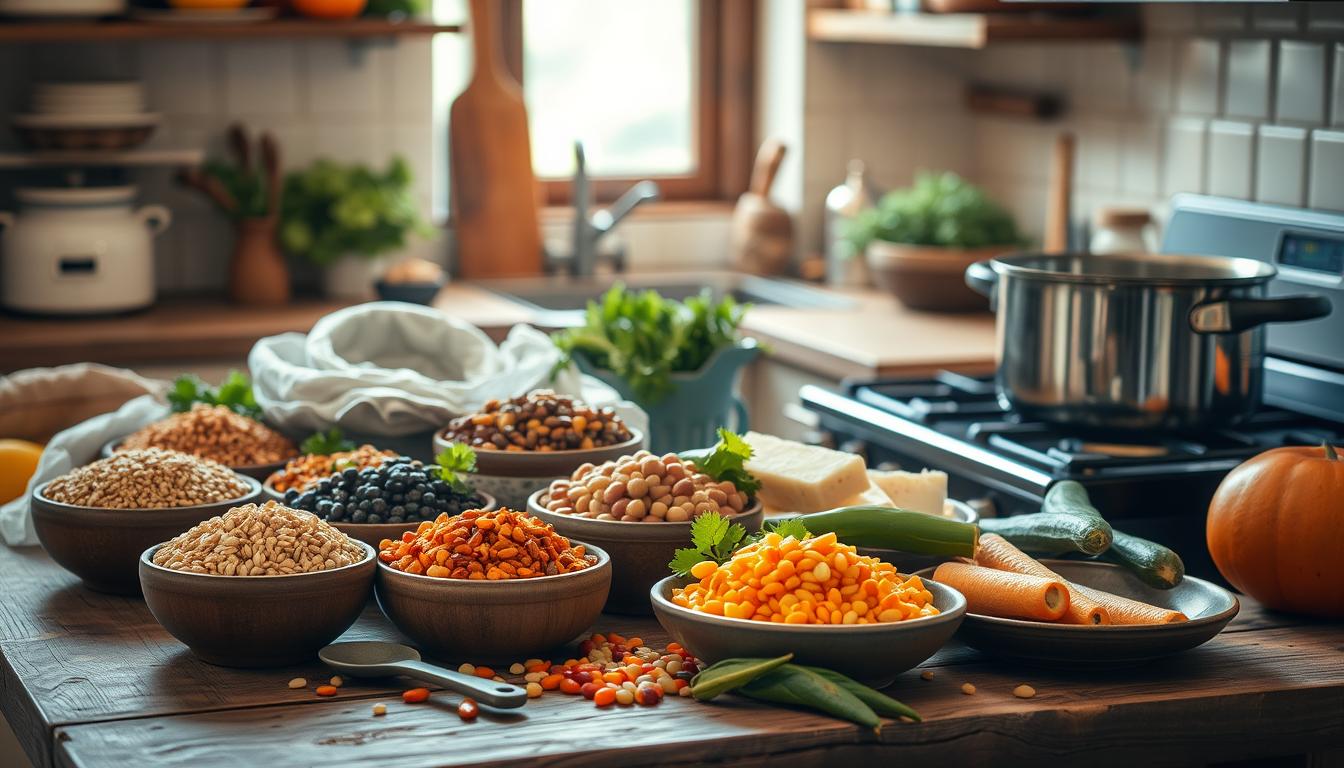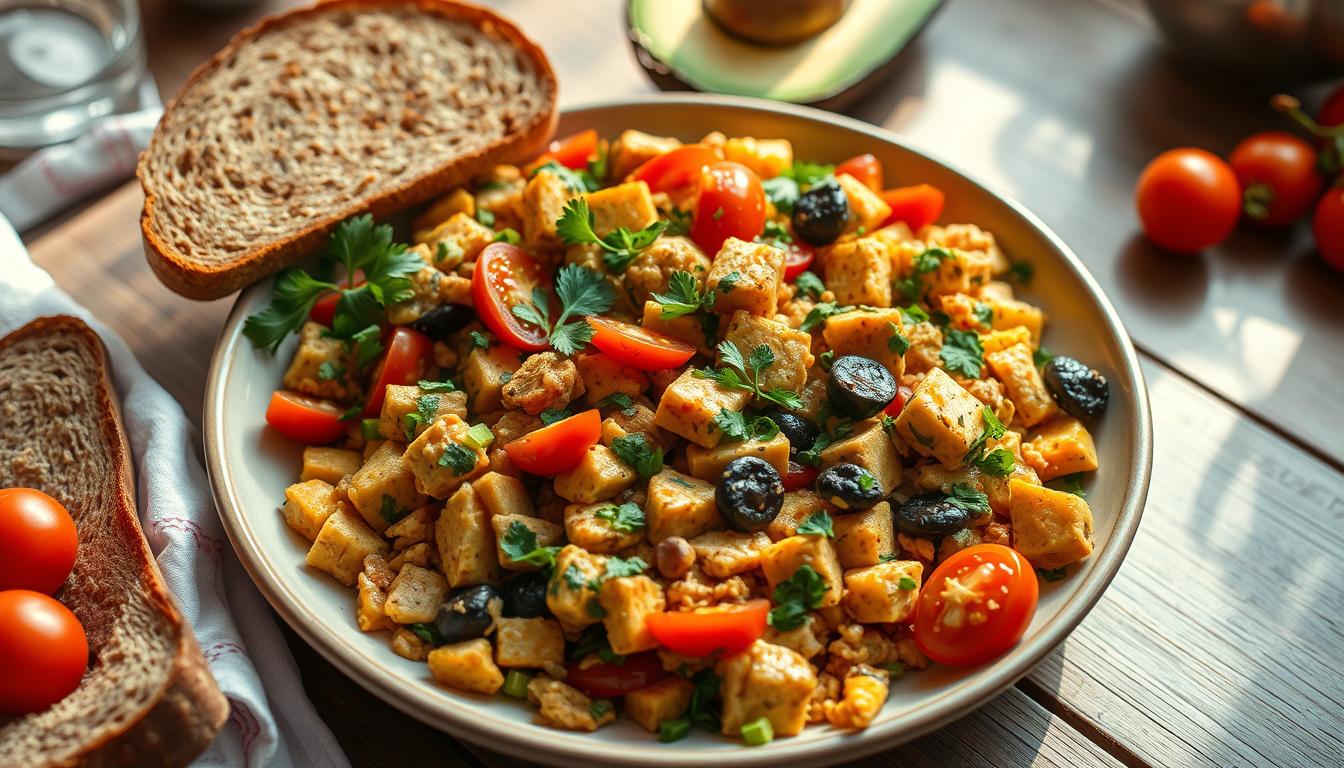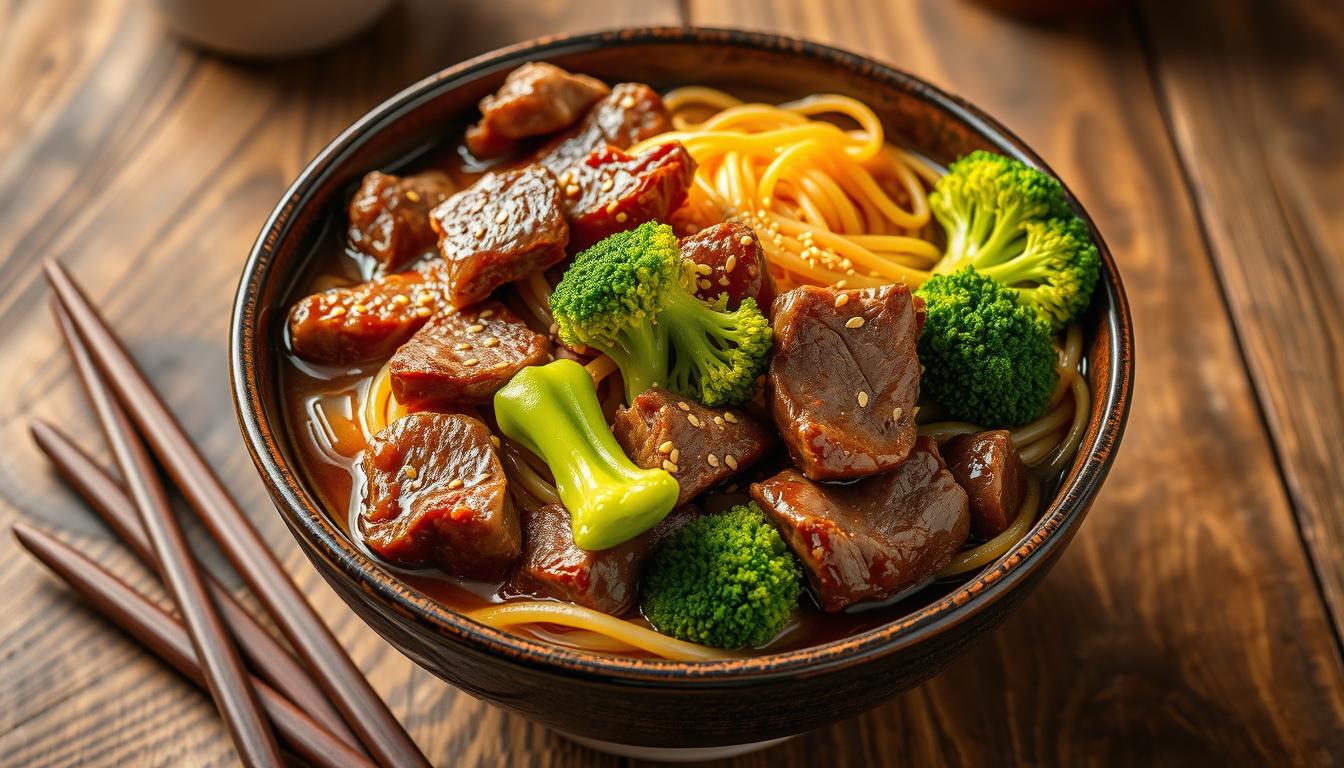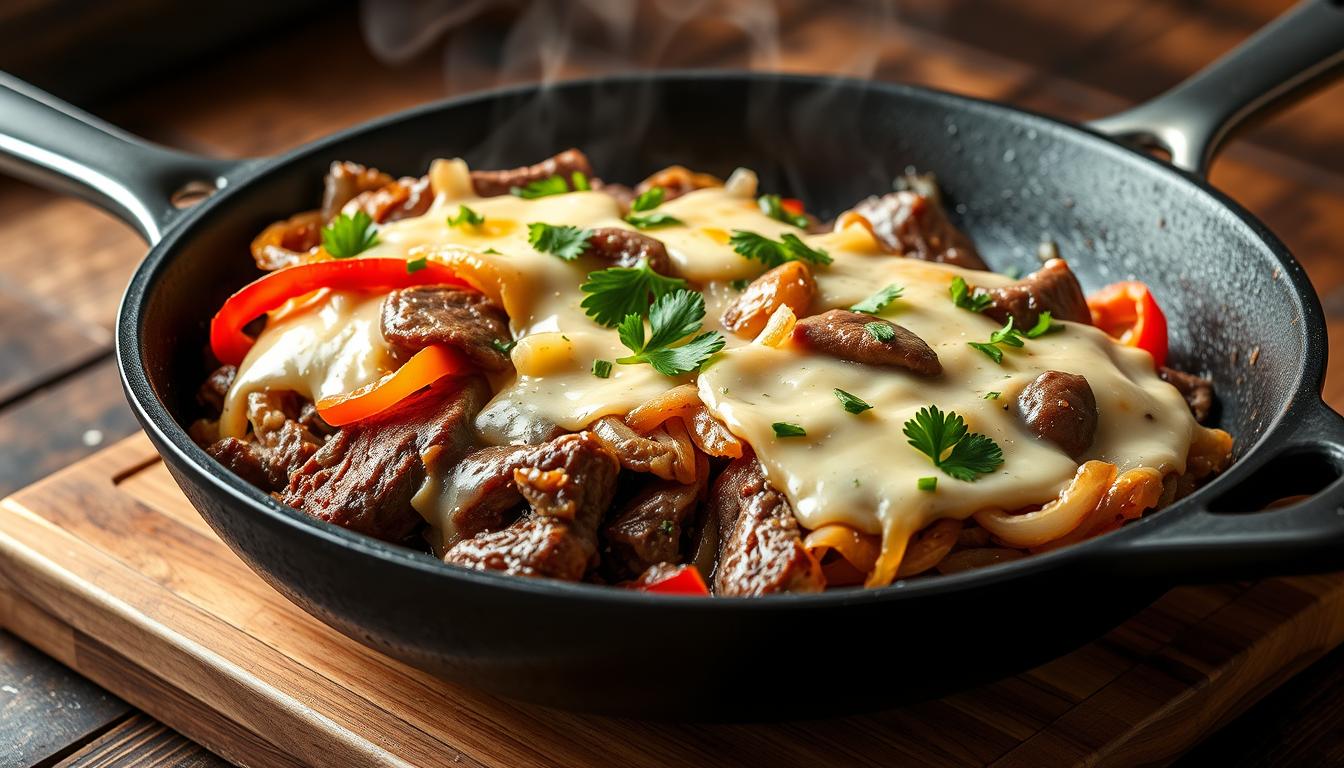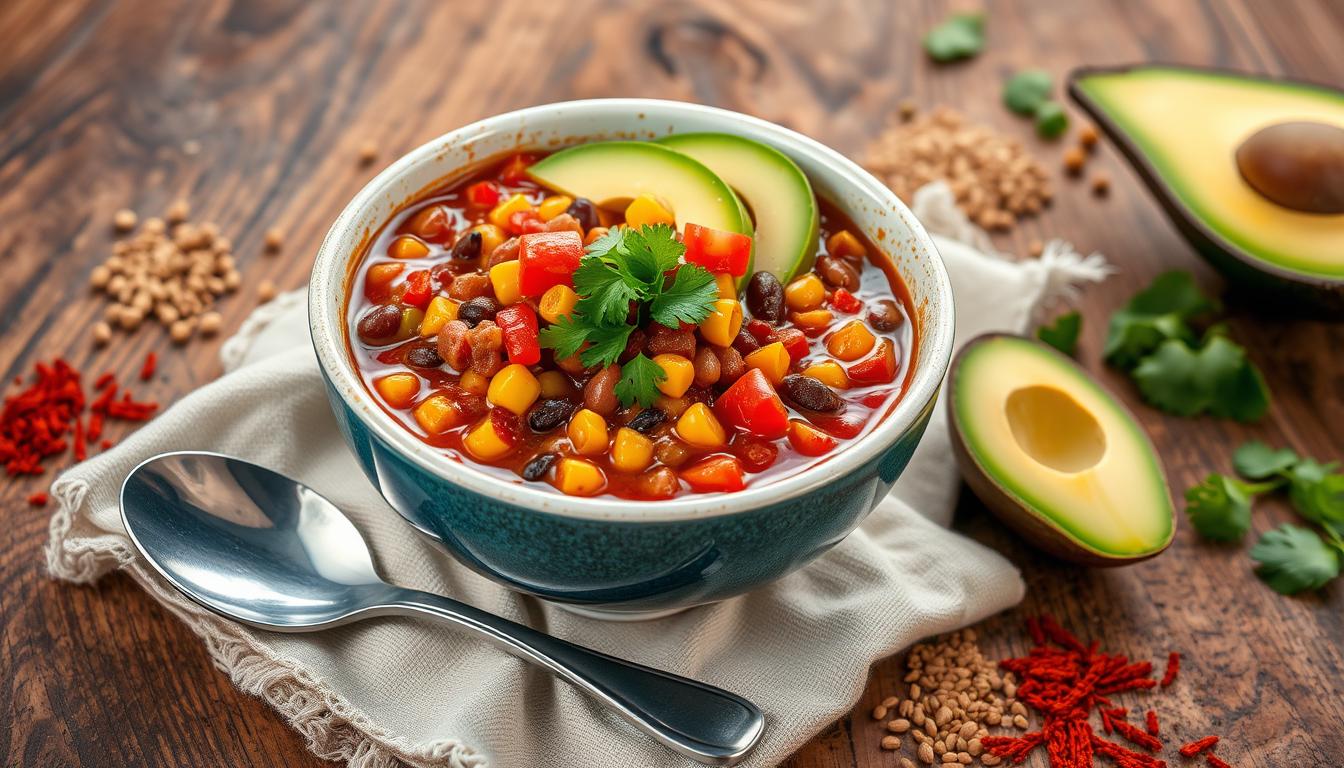In today’s world, many people and families want to stretch their budgets. They aim to enjoy tasty, healthy meals without spending too much. This article will guide you on how to cook on a budget.
You’ll learn about pantry staples, smart shopping, and affordable proteins. These tips will help you save money while enjoying delicious home-cooked meals.
Key Takeaways
- Discover the benefits of planning budget-friendly meals to improve your financial health.
- Learn how to build a well-stocked pantry with essential, cost-effective ingredients.
- Explore smart shopping techniques to maximize your savings at the grocery store.
- Identify affordable protein sources to incorporate into your budget-friendly recipes.
- Discover quick and easy budget-friendly meal ideas for busy weeknights.
Why Budget-Friendly Cooking Matters Today
Rising grocery prices make budget-friendly cooking more important than ever. Families are finding it hard to afford healthy meals. But, planning affordable meals can save money and keep you healthy.
The Rising Cost of Groceries
The cost of groceries has gone up a lot. Now, the average American family spends more on food each month. This is due to supply chain issues, labor shortages, and global tensions.
Benefits of Planning Affordable Meals
- Saves money by reducing food waste and impulse purchases
- Encourages a balanced and nutritious diet, supporting overall health
- Provides a sense of control and organization in the kitchen, reducing stress
- Allows for more mindful and intentional food choices
Impact on Financial Health
High grocery costs can hurt your finances. Cooking on a budget helps you save money for other important things. This can make you feel more financially stable and less stressed.
“Meal planning is not just about saving money; it’s about nurturing your overall well-being and financial security.”
| Benefit | Description |
|---|---|
| Reduced Food Waste | Careful planning and shopping for only what’s needed helps minimize food waste, saving both money and resources. |
| Healthier Eating | Meal planning encourages the inclusion of more fresh, whole ingredients, leading to a more balanced and nutritious diet. |
| Decreased Impulse Purchases | Having a plan in place reduces the temptation to make unplanned, and often more expensive, purchases at the grocery store. |
Essential Pantry Staples for Budget Meals
Having a well-stocked pantry is crucial for making affordable, healthy meals. Fill your kitchen with versatile, long-lasting pantry basics. This way, you can make tasty dishes without spending a lot. Let’s look at some key affordable ingredients every budget-conscious cook should have.
Keeping a variety of dried grains like rice, pasta, and oats is essential. These long-shelf life foods are the base for many meals. They can be used in everything from rice bowls to pasta bakes. Also, canned beans, lentils, and chickpeas are great for adding protein to your dishes.
Another smart move is to stock up on spices, herbs, and seasonings. These pantry basics can make simple ingredients into delicious meals. Don’t forget to have different oils, vinegars, and condiments to add flavor to your dishes.
| Essential Pantry Staples | Versatile Uses |
|---|---|
| Dried Grains (Rice, Pasta, Oats) | Hearty rice bowls, comforting pasta bakes, wholesome oatmeal |
| Canned Beans, Lentils, Chickpeas | Protein-packed soups, stews, and salads |
| Spices, Herbs, and Seasonings | Flavorful rubs, marinades, and seasoning blends |
| Oils, Vinegars, and Condiments | Versatile dressings, dips, and sauces |
By stocking your pantry with these affordable ingredients and long-shelf life foods, you’ll make tasty, budget-friendly meals. These meals will nourish your body and save your wallet.
Smart Shopping Strategies to Cut Food Costs
In today’s world, smart grocery shopping is crucial. There are many ways to save money on food while eating well. You can follow some simple strategies to cut down on your grocery bills.
Best Times to Shop for Deals
Timing is everything when looking for grocery deals. The best days to shop are usually Wednesdays and Thursdays. This is when stores restock and offer discounts from the weekend.
Holidays and the end of the month also have great deals. Stores want to clear out inventory, so they offer big discounts.
Store Brands vs. Name Brands
The debate between store brands and name brands is worth exploring again. Store brands are often cheaper but still offer great quality. By comparing prices, you can save a lot without losing out on taste or nutrition.
Bulk Buying Benefits
Bulk buying can really save you money. Items like grains, nuts, spices, and frozen proteins are cheaper in bulk. Buying more of these items means you spend less over time.
By stocking up on essentials, you avoid last-minute shopping. This helps you save money and enjoy long-term savings.
| Item | Store Brand Price | Name Brand Price | Savings |
|---|---|---|---|
| Olive Oil (16 oz) | $8.99 | $12.99 | $4.00 |
| Canned Beans (15 oz) | $0.79 | $1.29 | $0.50 |
| Oatmeal (18 oz) | $2.49 | $4.29 | $1.80 |
By using these strategies, you can make your food budget go further. You’ll enjoy tasty, healthy meals without spending too much.
Budget-Friendly Protein Sources
Looking to eat well without spending a lot? Savvy cooks find that cheap proteins and plant-based proteins are key. There are many affordable meat alternatives that save money without losing flavor or nutrition.
Eggs are a great, affordable animal protein. They’re full of quality protein and can be used in many dishes. Canned tuna or salmon are also good choices, offering lean protein at a lower cost than fresh seafood.
- Eggs
- Canned tuna or salmon
- Lentils
- Beans
- Tofu
- Peanut butter
For plant-based proteins, lentils and beans are rich in fiber and can be added to many meals. Tofu and tempeh are also good meat alternatives for vegetarian and vegan dishes. And peanut butter is a cheap source of healthy fats and cheap proteins.
Stocking up on these affordable protein sources lets you make tasty, budget-friendly meals. With a bit of creativity, you can enjoy protein-rich dishes without overspending.
Quick and Easy Budget Meals for Busy Weeknights
It’s tough to make fast, affordable meals during the week. But, it’s not impossible. With some planning and the right recipes, you can have tasty, budget-friendly dinners. These meals won’t cost a lot or take up too much time. Find a bunch of fast dinners, easy recipes, and time-saving meals for busy weeknights.
30-Minute Dinner Ideas
These 30-minute dinner ideas are perfect when you’re in a rush. They include one-pan chicken and veggie stir-fries and quick pasta dishes. These recipes need little prep and cooking time, so you can eat a healthy meal fast.
- Pesto Chicken and Pasta
- Baked Salmon with Roasted Asparagus
- Beef and Broccoli Stir-Fry
One-Pot Wonder Recipes
One-pot meals are great for saving time on busy weeknights. They’re made in just one pot or pan, making them easy to clean up. Try hearty chilis and comforting casseroles that everyone will love.
- Creamy Chicken and Rice Casserole
- Vegetable Tortellini Soup
- Sausage and Potato Skillet
Make-Ahead Options
Preparing meals ahead of time can save you a lot of time and money. Look into make-ahead options like freezer-friendly dishes and leftovers. These can be reheated quickly, making your weeknights easier.
“Meal prepping on the weekends has been a total lifesaver for my family. Having those ready-to-go meals in the fridge or freezer makes it so much easier to put together a quick, nutritious dinner on busy weeknights.”
By adding these fast dinners, easy recipes, and time-saving meals to your routine, you can enjoy tasty, affordable meals. You won’t have to spend a lot or waste a lot of time.
Meal Prep Tips to Save Time and Money
Learning to meal plan and batch cook can change your kitchen game. These food prep strategies make cooking easier and cut down on waste. They also make mealtime more organized and affordable.
Batch cooking is a big time-saver. It lets you cook many meals at once. This saves you time during the week and helps you buy food in bulk, which is cheaper.
- Find recipes that are great for batch cooking, like soups and casseroles.
- Set aside a time, like Sunday afternoon, to prep meals for the week.
- Get good storage containers to keep your meals fresh in the fridge or freezer.
Knowing what you have in your pantry and fridge is key to meal planning. It helps you plan meals that use what you already have. This cuts down on waste and saves money by avoiding buying too much.
| Meal Prep Essentials | Benefits |
|---|---|
| Batch Cooking | Saves time, reduces food waste, takes advantage of bulk discounts |
| Pantry Inventory | Prevents overspending, maximizes use of existing ingredients |
| Portioning and Storage | Ensures proper portion control, extends shelf life of prepared meals |
Using these meal prep strategies can save you time and money. Embrace batch cooking and meal planning for a more efficient kitchen.
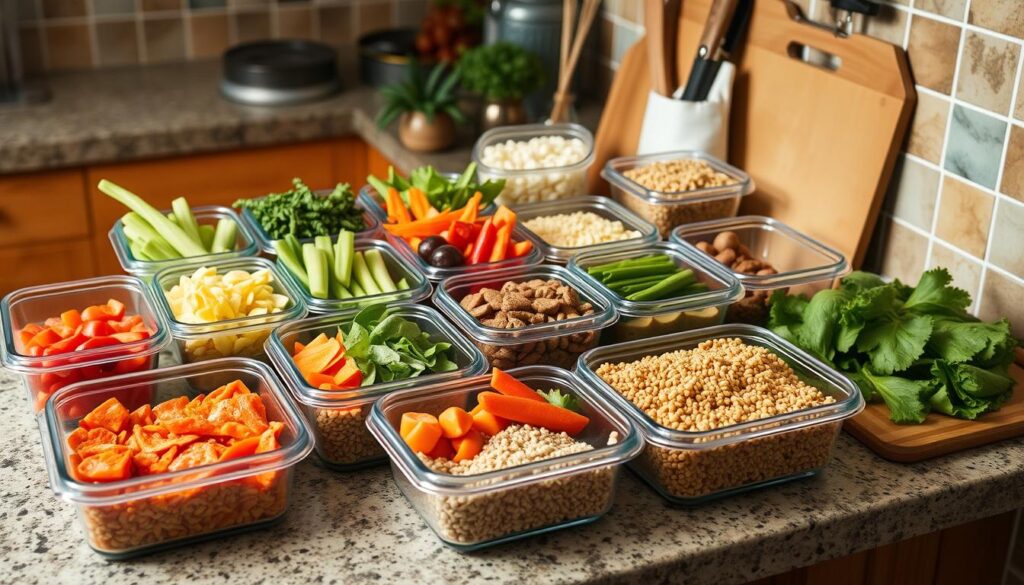
Stretching Your Ingredients for Multiple Meals
In today’s economy, saving food is key. Repurposing leftovers and stretching ingredients across meals is smart. It saves money and helps the planet by reducing waste.
Creative Leftover Transformations
Don’t let leftovers go to waste. Repurposing leftovers can make tasty, affordable meals. Turn roasted veggies into frittatas or grilled chicken into pasta dishes. The options are endless.
- Repurpose leftover roasted vegetables by incorporating them into omelets, soups, or casseroles.
- Transform grilled or roasted meats into salads, sandwiches, or tacos.
- Use extra rice or grains as the base for a hearty fried “rice” or pilaf.
- Blend leftover cooked vegetables into creamy soups or sauces.
Freezer-Friendly Options
Freezer-friendly meals are great for saving food. Freezing extra portions means you have quick meals ready. It’s a smart way to use up versatile ingredients.
| Ingredient | Freezer-Friendly Transformation |
|---|---|
| Cooked ground meat | Freeze in portions for tacos, chili, or pasta sauces. |
| Roasted vegetables | Freeze and use in soups, stews, or as a side dish. |
| Cooked rice or grains | Freeze in portions for quick side dishes or fried rice. |
| Sauces and broths | Freeze in portions for easy meal starters. |
These strategies help you save money and reduce waste. Stretching ingredients and getting creative with leftovers is a smart way to cook on a budget.
Seasonal Cooking for Better Value
Using seasonal produce is a fun way to enjoy the flavors of the moment. It also helps you save money in the kitchen. By cooking with the seasons, you get local foods at their best and freshest. Plus, it’s better for the planet.
Start by learning about the seasonal produce in your area. Check out your local farmers markets or CSAs. This way, you support local farmers and get great deals.
Being flexible with recipes is key. Try new ingredients and find creative ways to use seasonal foods. Also, think about preserving food for later. This way, you can enjoy summer flavors even in winter.
| Seasonal Produce by Season | Spring | Summer | Fall | Winter |
|---|---|---|---|---|
| Fruits | Strawberries, Rhubarb | Peaches, Berries | Apples, Pears | Citrus, Pomegranates |
| Vegetables | Asparagus, Peas | Tomatoes, Zucchini | Squash, Brussels Sprouts | Kale, Carrots |
By choosing seasonal produce and local foods, you save money and help the planet. Visit your local farmers markets to enjoy the best of the season.
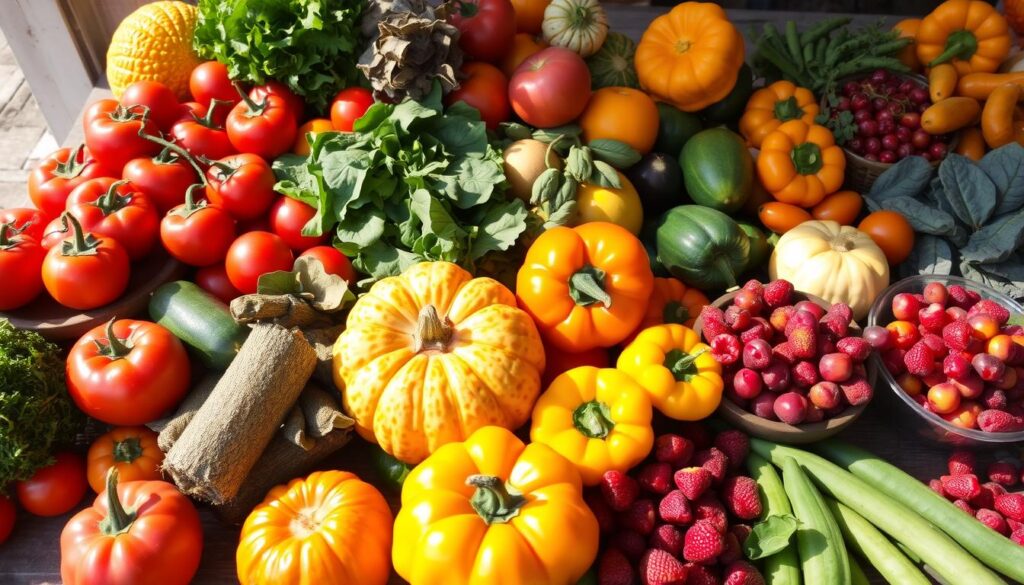
Kitchen Tools That Help Save Money
Having the right kitchen tools is key to saving money while cooking. Essential, cost-effective equipment makes meal prep easier and saves money over time. Let’s look at the kitchen essentials that stretch your food budget.
Essential Budget-Friendly Equipment
Every kitchen needs basic tools that are both useful and affordable. Here are some must-haves:
- Sturdy pots and pans: Choose durable, non-stick cookware for frequent use.
- A sharp chef’s knife: A good knife speeds up meal prep and cuts down on waste.
- Mixing bowls and measuring cups: Accurate measurements are crucial for cost-effective recipes.
- A reliable slow cooker: It turns affordable ingredients into tasty, easy meals.
Time-Saving Gadgets Worth the Investment
Some kitchen tools are worth the cost because they save you money and time. Here are some budget-friendly appliances and gadgets:
- Instant Pot: This pressure cooker cooks a variety of meals quickly and efficiently.
- Food processor: It makes chopping, dicing, and pureeing easy, saving time and reducing waste.
- Immersion blender: Perfect for homemade soups, sauces, and dips, which are often cheaper than store-bought.
Choosing the right kitchen tools and appliances helps you cook delicious, affordable meals. You’ll save time and money too.
“The right kitchen tools can make all the difference when it comes to budget-friendly cooking.”
Common Mistakes That Waste Money in the Kitchen
Costly cooking errors can really hurt your wallet. Buying too much food often ends in waste and spoilage. Not planning meals can lead to impulse buys and takeout, adding to expenses.
Not using leftovers and missing out on bulk buying are other money-wasters. These habits can quickly add up and cut into your budget.
To avoid these mistakes, start by making a shopping list from your meal plan. Check what you already have in your pantry. Use online resources for affordable recipes.
Try batch cooking and freezing leftovers to reduce waste. Look for store brands and use coupons to save money. These steps can help you eat well without breaking the bank.
By being smart about shopping and cooking, you can cut down on waste. This way, you can enjoy tasty meals without overspending. A bit of planning and careful habits can make a big difference.

